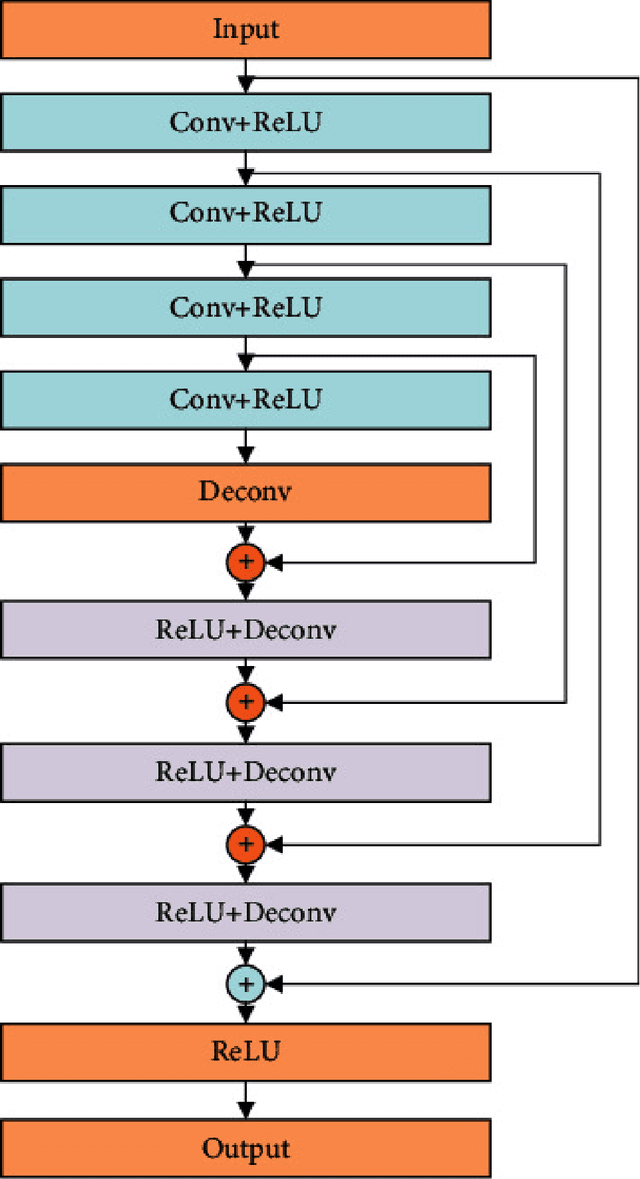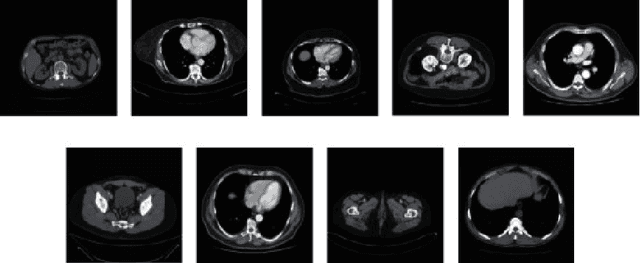A CT Image Denoising Method with Residual Encoder-Decoder Network
Paper and Code
Apr 02, 2024

Utilizing a low-dose CT approach significantly reduces the radiation exposure for patients, yet it introduces challenges, such as increased noise and artifacts in the resultant images, which can hinder accurate medical diagnostics. Traditional methods for noise reduction struggle with preserving image textures due to the complexity of modeling statistical properties directly within the image domain. To address these limitations, this study introduces an enhanced noise-reduction technique centered around an advanced residual encoder-decoder network. By incorporating recursive processing into the foundational network, this method reduces computational complexity and enhances the effectiveness of noise reduction. Furthermore, the introduction of a root-mean-square error and perceptual loss functions aims to retain the integrity of the images' textural details. The enhanced technique also includes optimized tissue segmentation, improving artifact management post-improvement. Validation using the TCGA-COAD clinical dataset demonstrates superior performance in both noise reduction and image quality, as measured by post-denoising PSNR and SSIM, compared to the existing WGAN approach. This advancement in CT image processing offers a practical solution for clinical applications, achieving lower computational demands and faster processing times without compromising image quality.
 Add to Chrome
Add to Chrome Add to Firefox
Add to Firefox Add to Edge
Add to Edge